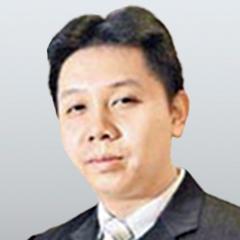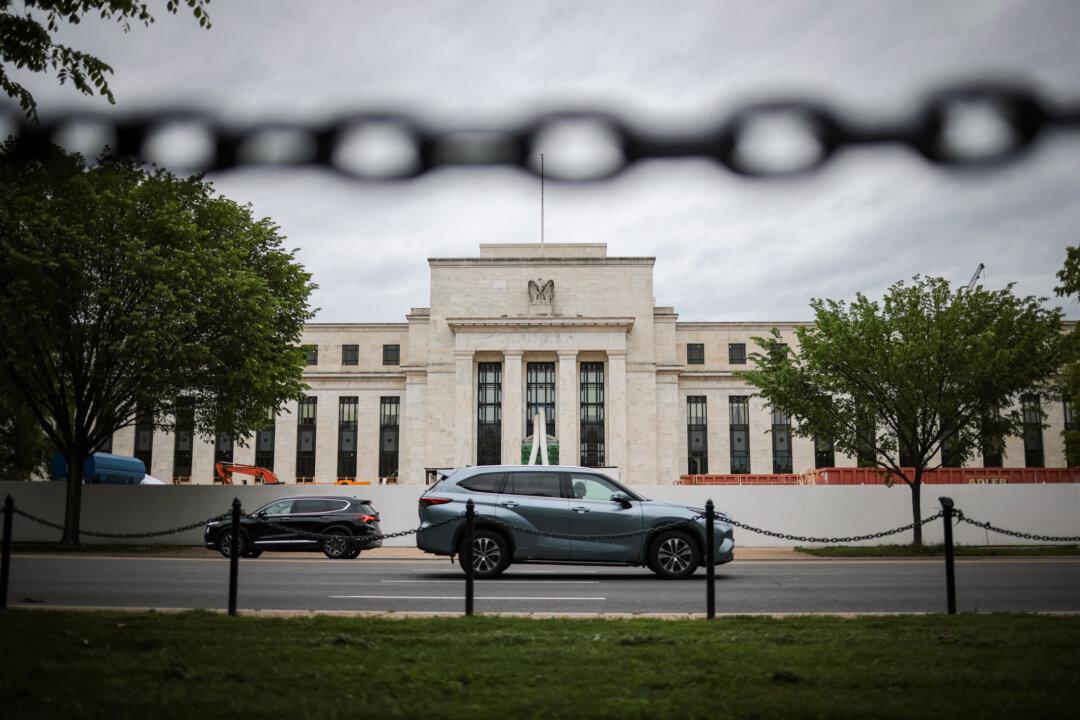Commentary
Argentina’s new president announced a shock therapy. The first eye-catching change was to devalue the official peso exchange rate by 54 percent. While the official ARS to U.S. Dollar rate changed from 366 to 800, the black-market rate was still much weaker at about 1,000. This means such an act could only make the official price less fake compared to the true market price, and was a concession under market pressure. Such an act is also not meaningful for those who are using U.S. Dollars instead of ARS. Inferentially, who would still use a currency that depreciates speedily? Such an act is, by and large, futile.





